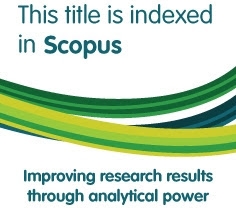Institutionalization and the Unification of Islamic Courts under the New Order
Abstract
This paper analyzes the influence of the ideology of Pancasila and developmentalism against Islamic law and its institutions, especially the judiciary Islam, during the New Order.
During the New Order has many legal provisions that adopt Islamic law as national positive law. It is not limited to the field of law that has traditionally been a part of the Muslims, which is related to the family, but also the wider field: the new Law on Religious Education at every level of formal education, and Law no. 7/1992 on Banking. The latter recognizes the institution mudarabah (an agreement to share in the profit and loss of a business) as one of the functions of commercial banks in Indonesia. To set the new banking activities, has issued Government Regulation no. 72/1992 in which the new Shari'ah formally used as a reference. Article 2 of the Regulation states: "The principle of mudaraba based on Shari'ah.
Full Text:
PDFDOI: https://doi.org/10.15408/sdi.v2i1.840 Abstract - 0 PDF - 0
Refbacks
- There are currently no refbacks.

All publication by Studia Islamika are licensed under a Creative Commons Attribution-NonCommercial 4.0 International License.
Studia Islamika, ISSN: 0215-0492, e-ISSN: 2355-6145
View My Stats
